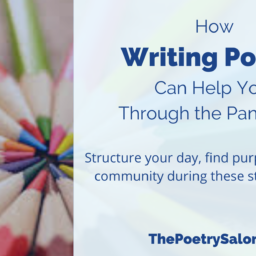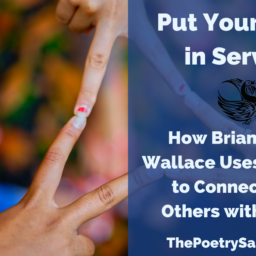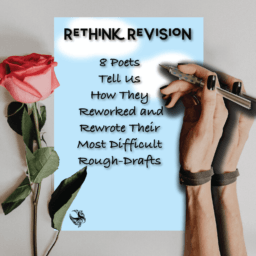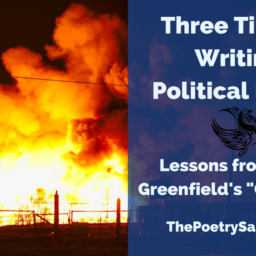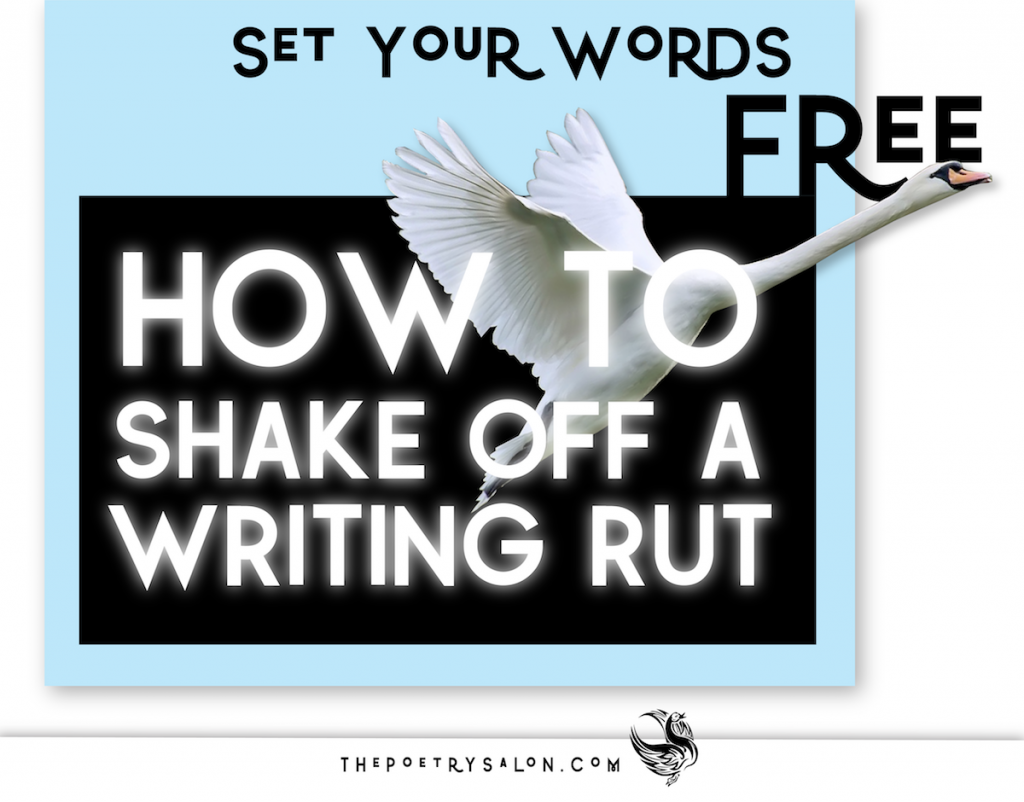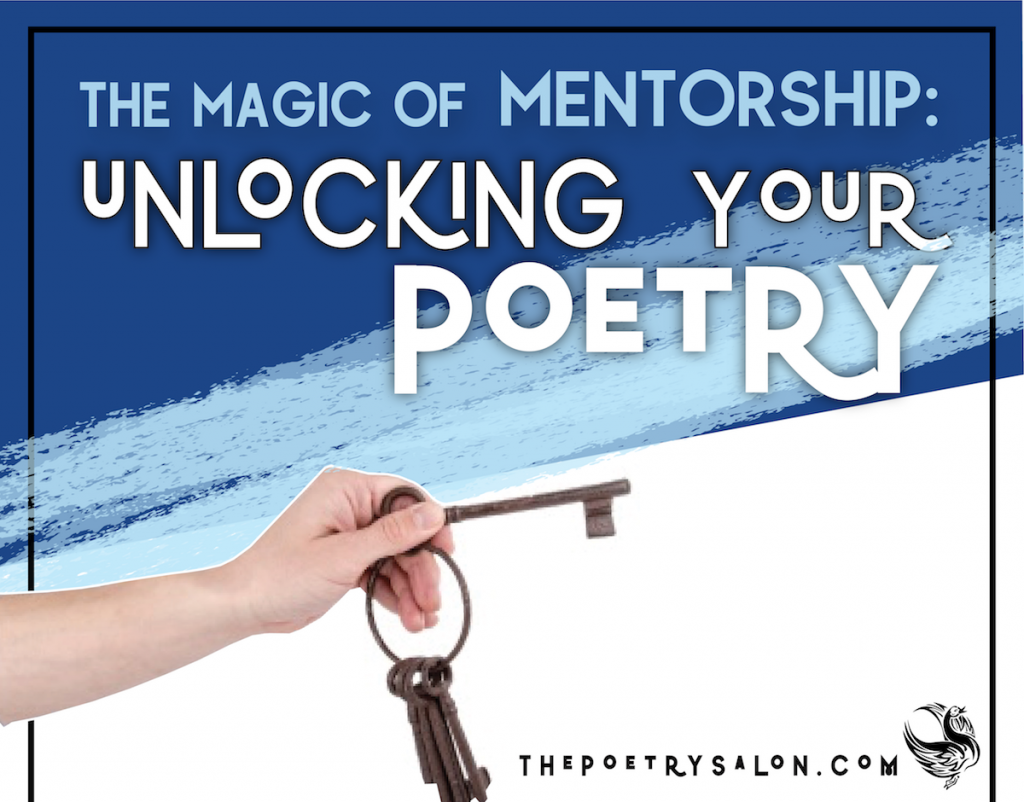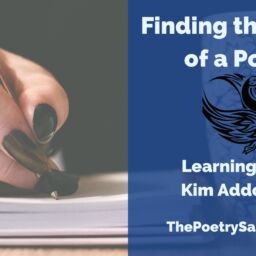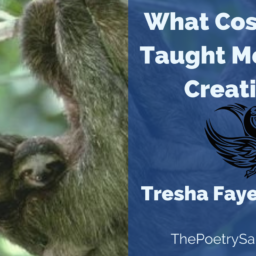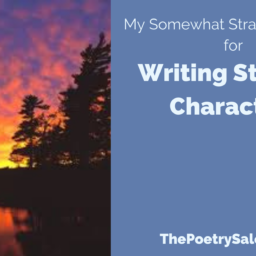As a poet, and full-time poetry teacher from California, I sometimes take for granted that poetry is everywhere, that it is for everyone, and that it can be used to help us all communicate with one another during difficult times. Interviewing the brave, incisive poet Kai Coggin about her newest book, Mining for Stardust, reminded me again of the value of poetry, why we write it, and what it can do not just for us as poets, but for our community. Here are some of the main take-away ideas from our interview.
Kai says she wrote the poetry in her fourth collection as a way to “scribe the moment.” On our Poetry Saloncast episode Kai Coggin: Making the Moments Holy, she reads her piece “Makeshift Memorial” a fierce poem about the landmark when US casualties from the COVID virus crossed 100,000 deaths just one week before George Floyd was murdered by Derek Chauvin. Coggin wanted to give voice to the turmoil of the moment, while writing to stay sane herself. Her task was to be “in the world but not of the world.” She wanted to recognize the issues of the day, but also offer something else – some hope and light – as a counter-measure.
Balancing Pain with Beauty
Kai Coggin lives with her wife in rural Arkansas. Mining for Stardust, is full of images of bluebirds, flowers, and the secret things happening in trees. Even when she is not looking at her own backyard for inspiration, she has a tendency to find it in images on the news. For example, her book opens with an image of swans gliding down the deserted canals of Venice (something she acknowledges in a later poem wasn’t factually accurate). She says she isn’t afraid to go to dark places in her writing, but she, “Always want(s) to leave people with hope, with light,” at the end. People can use poetry to process their pain but she makes sure not to leave her readers stranded in despair.
Using Sonic Devices to Enhance an Image or a Feeling
It makes sense then that her language is full of beauty and musicality. Like one of her influences, Joy Harjo, Coggin uses repetition as a sonic device to focus attention on an image or idea. You can see this prominently in her poem, “Filling Spice Jars as your Wife” which was published in Poetry Magazine, and which she reads on the Poetry Saloncast, in which she repeats the word “wife” and the phrase “because you are my wife” over and over when writing about the significance of unpacking a wedding gift of spices shortly after their marriage. The use of repetition is also a way to enhance, meditate upon, or drive home a feeling. In this way Coggin can “make the moment holy” simply by paying attention and giving voice to it through poetry.
Poetry is For Everybody
One of the things that distinguishes Kai Coggin as a poet is her democratic approach to poetry. It is for everyone, and it should be accessible for everyone. For all the fear readers might have approaching poetry – finding them opaque and mystifying – for her poetry is about spirit, feeling, heart, and less about the intellect or academic prerequisites. As someone who took “just a few” classes in college as a way to navigate her own feelings, Coggin wants to make poetry approachable for anyone.
Meeting Sandra Cisneros and a Prompt
Coggin tells a story of wanting to get kids involved in poetry. As a first-year teacher of the “tough class”, approaching the poetry unit for the first time, she took a pass on the curriculum of “dead white men”, instead showing them Sandra Cisneros’ poem “Loose Woman” as an example of how poetry can expose and defend against cultural stereotypes. She then asked students to consider some of the stereotypes people have against them in their lives and write a Sandra Cisneros-style poem in response. Coggin then had her students write letters to Cisneros about how the author’s work impacted them, and she sent all their work to the author. To her shock, Cisneros, herself in a vulnerable place in her life, actually responded and came to their classroom to talk to the students and pass out free copies of her book!
At this time Cisneros advised Coggin not to neglect her own writing, but to make time for self-expression and her own work in the midst of helping others.
So in closing this summary of our Kai Coggin interview, I invite you to take a few minutes to do the same. Above is a prompt that Coggin gave to her students. Below is a prompt we made of Coggin’s work. Take 15 minutes (or more if you can) to do some writing of your own, and make your own “holy moment,” your own “weapon of light.”
Enjoy!
Prompt:
What’s something “holy” but ordinary that you noticed recently? Write about it, and make the moment holy by really noticing what is going on in the present. What image or phrase sticks with you? Repeat and rhapsodize on that image or phrase throughout the poem to draw attention to it, to celebrate it, mourn it, or to turn it into music.


